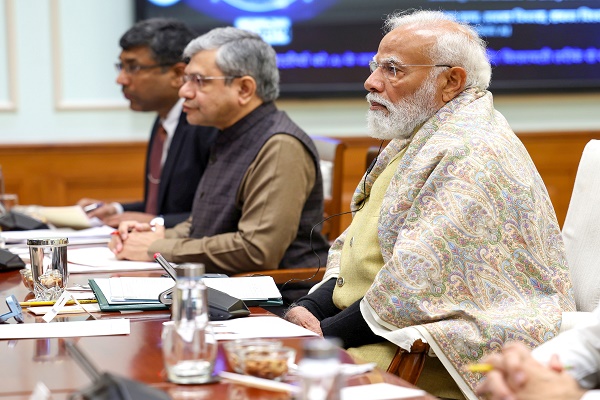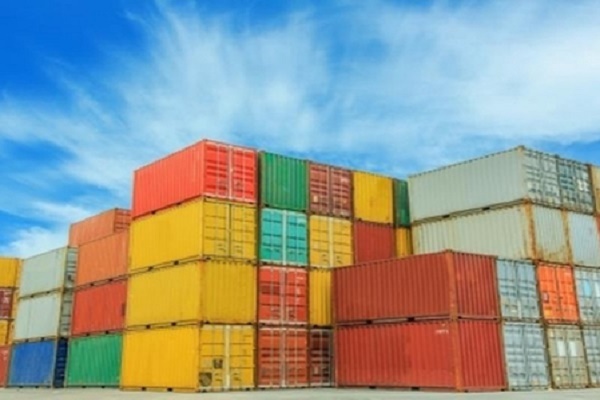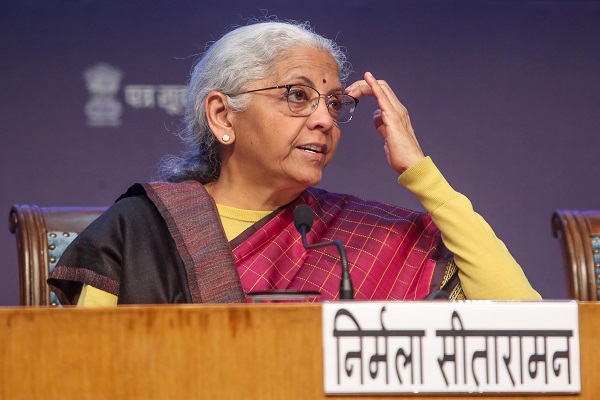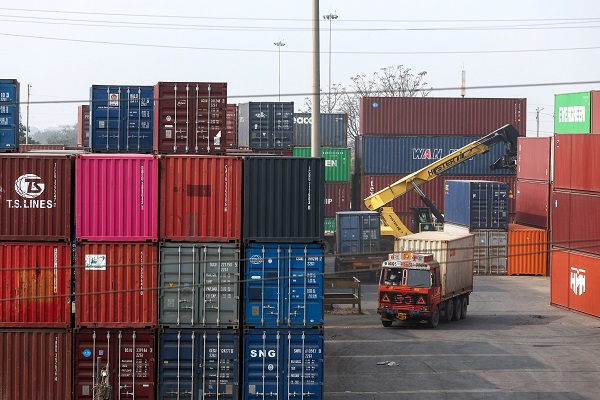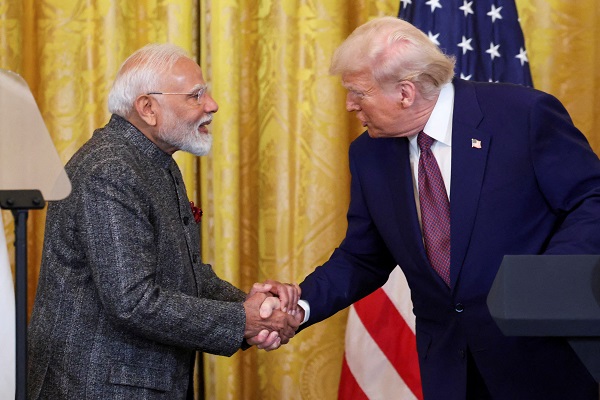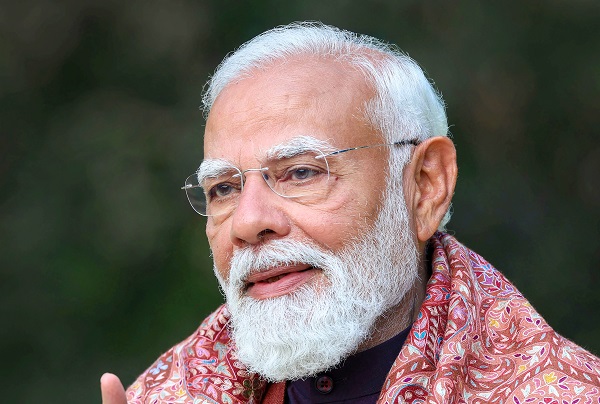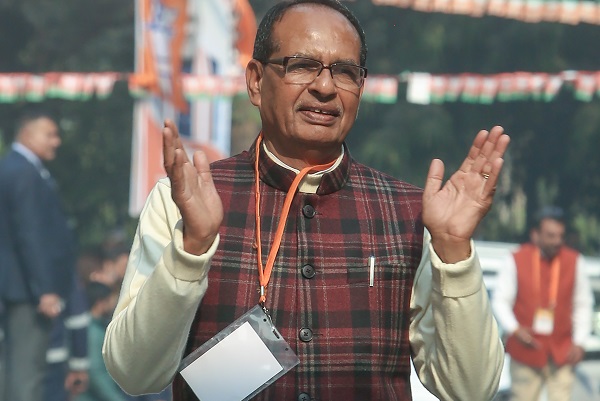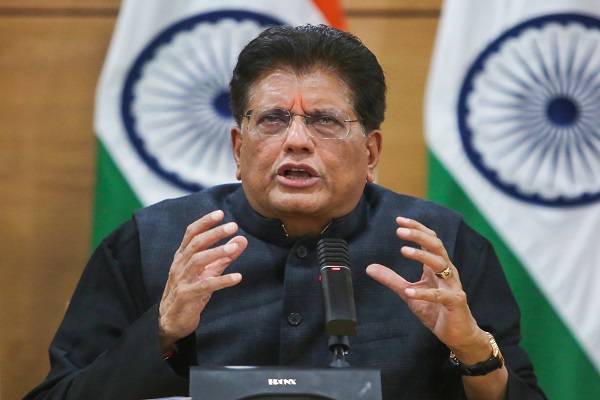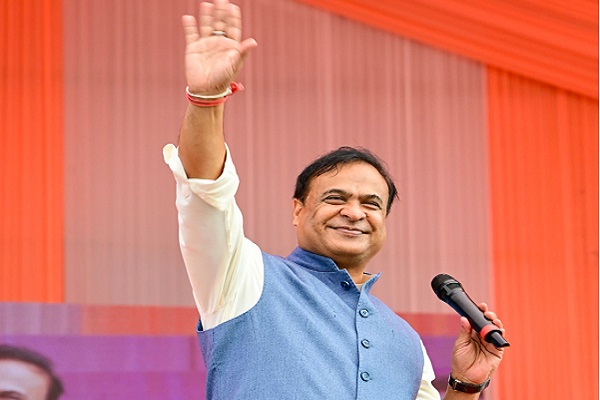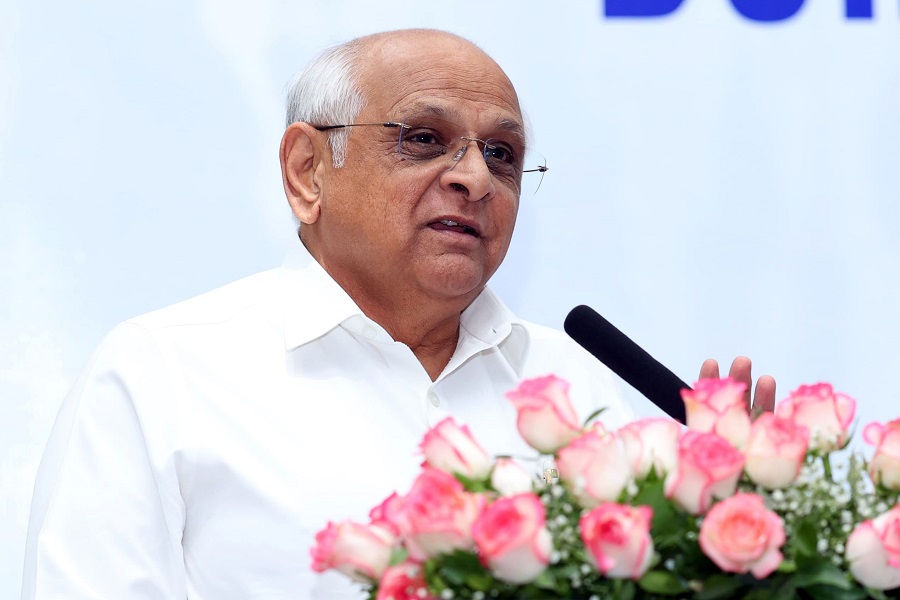Inflows into India-linked ETFs set to smash 2014 record

Inflows into U.S.-listed exchange traded funds (ETFs) tracking Indian stocks were set for their best year on record, as the country's consistent economic growth and surging population drew in investors hunting for an alternative to China.
Net inflows for the year till October in India-focused ETFs reached $2.4 billion, dwarfing the last two years.
That was significantly higher than the $2 billion in net inflows by October in 2014, the year net buys into India-linked ETFs peaked.
"India is still in those early stages (of growth), so you can ride that proverbial train towards infrastructure dynamic for 10 or 20 years," said Jeff Weniger, head of equity strategy at WisdomTree Asset Management.
"It straddles both worlds, where you've got an English-speaking democracy and it is humongous."
According to a Reuters poll, India's economy is likely to expand at a rate of 6.3% for the current financial year and the next, after data showed growth of 7.8% on an annual basis in April-June.
India's NSE Nifty 50 index has gained 7.2% so far this year, compared with the 1.3% rise in the MSCI emerging markets stocks index and the 13.5% gain on U.S. benchmark S&P 500 index.
Among the U.S.-listed India ETFs, the iShares MSCI India Small-Cap ETF, with net assets of $468.39 million according to Lipper data, has outperformed so far this year, up 22.6%.
Meanwhile, net inflows this year have been dominated by the $1.37 billion WisdomTree India Earnings ETF and the $5.89 billion iShares MSCI India ETF.
Weniger said Indian funds have also benefited from JPMorgan's plans to include the country's local bonds in its widely tracked emerging market debt index, a move that could bring $23 billion worth of inflows, according to Indian Finance Minister Nirmala Sitharaman.
Investors are also looking to diversify their emerging markets portfolio amid worries about economic growth in China and Sino-U.S. tensions. China's blue-chip CSI300 Index has declined 6.2% year-to-date.
Many multinational corporations are trying to diversify their manufacturing footprint as a part of their "China+1" strategy, and one of the beneficiaries certainly will be India, said Sammy Suzuki, head of emerging market equities at AllianceBernstein.
India-linked ETFs have seen net buys of $753 million in the last three months, according to Morningstar Direct. On the contrary, diversified emerging market funds have posted outflows of $3.3 billion.
Inflows into India-linked ETFs were also helped by the overall direction of ETFs getting more targeted, according to Hector McNeil, co-CEO and founder of HANetf.
Two new India-focused ETFs, both actively managed, have launched so far this year, bringing the total U.S. funds tracking India to 15.
"We think India is an inefficient market from a passive perspective and also where we think are probably the strongest structural and cyclical opportunities," said Malcolm Dorson, senior portfolio manager and head of emerging markets strategy at Global X.
A potential re-election for Indian Prime Minister Narendra Modi in next year's elections could also be a market catalyst, Dorson said.

